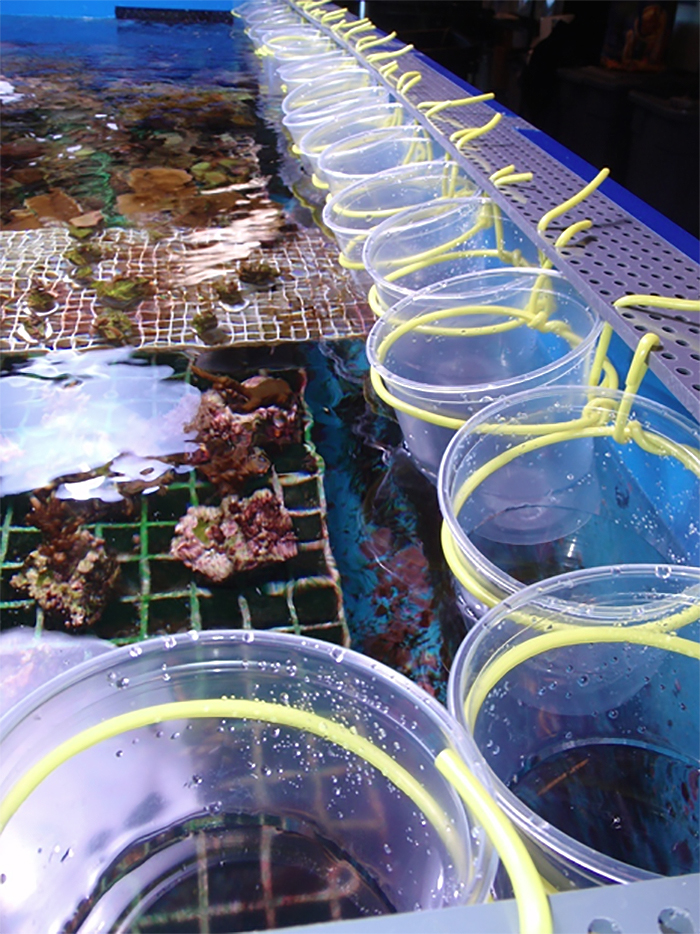Lol.thanks!
there is also large consensus that garlic cures inch, but that doesn’t mean it is true. There are all kinds of things people think, but turn out not to be so - most aquarist think there are reproductive spores in bubble algae bubbles, but there isn’t. “Common knowledge” it’s experimentation.
Lots of people think and say there are such things, but no one has ever been able to show them to me. I would love for you to find them and show me because I can’t find anything.
Yeh maybe red sea, triton and aqua forest are lying when they say we did research before we release these products.
All am saying is that many tanks which use these products that simply control nutrients show good results.
How about natural sea water levels should not that be a good compass also...
there are some researches about this...this is one example from royal society
"Here, we show that nutrient pollution could make reefs more vulnerable to global changes associated with ocean acidification and accelerate the predicted shift from net accretion to net erosion."
There is research out there...I think we only need to look
Sent from my SM-G960U using Tapatalk


